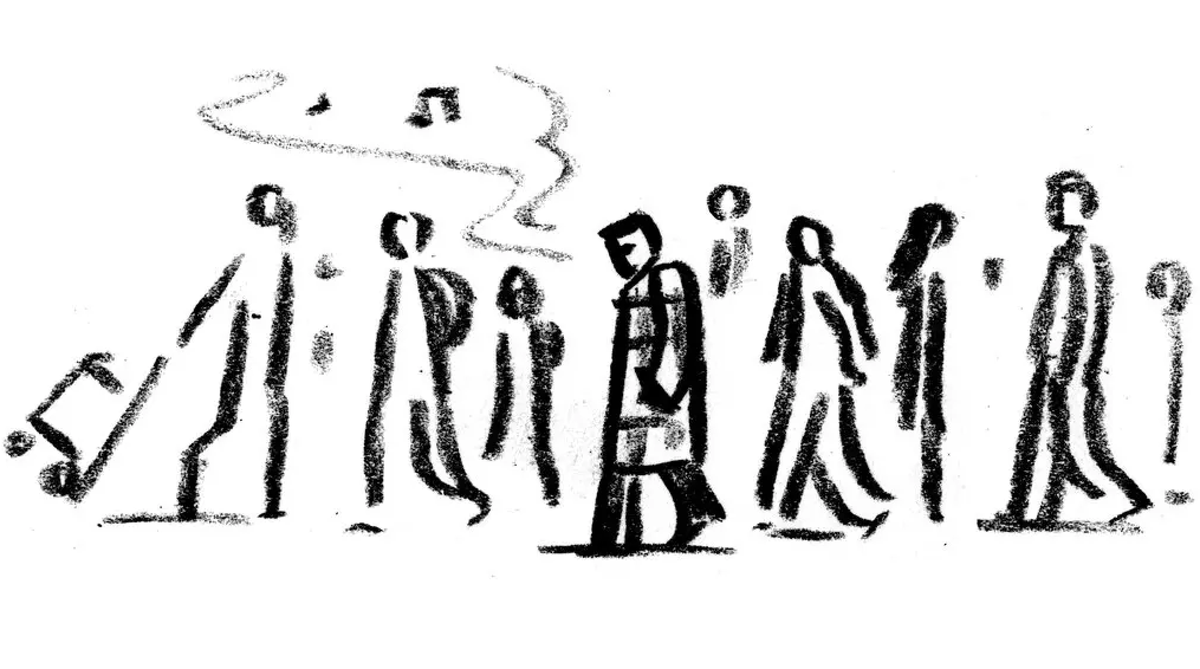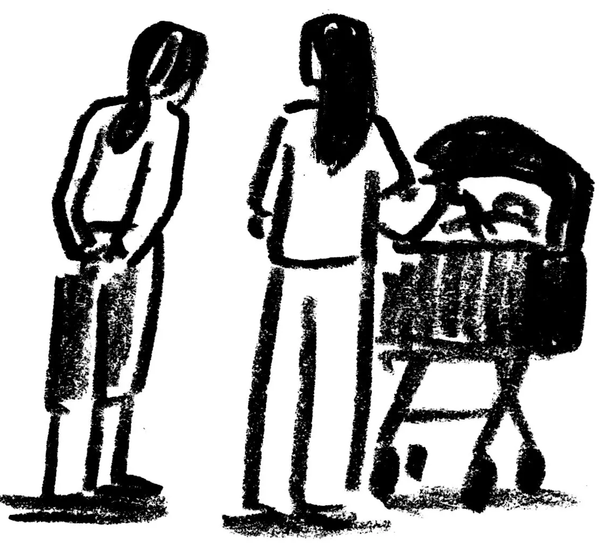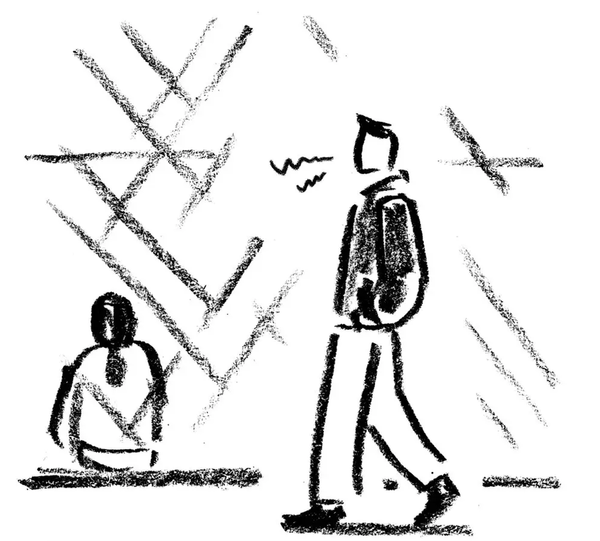Blanchet House: A Sanctuary Amid Portland’s Housing Crisis

PORTLAND, OR.
As an Oregon resident of the past nine years, reflection on my home city brings forth one prominent issue: the homeless population and housing crisis. While the City of Portland races to pass measures to alleviate harmful impacts each year, shelters overflow and tents continue to line the streets of Old Town. We are reaching a critical point. Resources are stretched, current actions are unsustainable in the long term, and our homeless population continues to grow. The adversity faced by these individuals is unmatched— especially in upcoming winter months as weather gets harsher.
One staple in Portland’s homeless community is the Blanchet House, in operation since 1952. The nonprofit organization, deemed a House of Hospitality, offers regular free meals and supplies in addition to two residential programs. I first became aware of their work as an eighth grader and have since volunteered in their facilities as a high school Student Ambassador.
Most of my experience with Blanchet House resides in their free cafe. In an effort to mitigate food scarcity and lack of access to meals, they are open six days a week for breakfast, lunch, and dinner. Surplus food is rescued from local grocery stores, made into mass amounts of hot meals by Blanchet’s team of chefs. Volunteers plate food, serve guests food and drinks, and bus tables throughout each meal service.
A favorite memory from a volunteer shift is when Tom Berridge, a local Portland pianist, stopped by to perform songs during the dinner service. He was met with applause from the cafe guests as he wrapped up a pop rendition. It was a sweet moment of unification and gratitude, and a reminder of how the guests do not often encounter simple pleasures like music. The privileges we have to appreciate art are continuously taken for granted.
When resources allow, Blanchet House also provides to-go items at the exit after meals. These include sack lunches or warm clothing like socks and hats. An on-request clothing closet is also available with essential items such as pants and jackets. As with many of Blanchet’s supplies, these offerings depend entirely on donations made by the Portland community. Some companies host free services at Blanchet House; notably vet treatment for pets, bike repair, foot care, and haircuts.
I find Blanchet’s free cafe one of the most impactful assistances offered in Portland for those suffering homelessness. The cafe’s “everyone welcome” policy ensures that warm meals are available to everyone who needs them. It restores dignity to guests— receiving plated food and a table to sit at, an authentic dine-in experience, provides the respect and civility that they don’t often receive. Not only is the cafe critical for physical health, it is also pivotal in emotional and social health, which can be the difference in survival.
Recently, I had the opportunity to interview Michael Seid, Blanchet’s Volunteer Manager, about his work with and thoughts on Portland’s homeless community. He shared an experience he had during a meal shift treating an individual struggling with substance abuse, one of the primary issues in the community. A short extract from the interview regarding this moment is seen below.
As hard as it is, people do overdose, with substance abuse, trauma, addiction, etcetera… and I remember one time I had to respond to an overdose with our Peer Support and Day Center Team. We went outside, found the person unconscious, we dosed that person with Narcan, and it took a couple doses and it took CPR as well… We did chest compressions, all that. But while all that was happening, another meal guest called 911 for us.
Essentially when an overdose happens, you’re supposed to call 911. That way, help can arrive as soon as possible. And since Peer Support and I were so hyper focused on just making sure this person was breathing, we didn’t even think to call 911. Thankfully a bystander did that….. they were a regular meal guest. So, that’s just one of the many examples why I appreciate the community so much.
One of my most important take-aways from Seid’s recollection is the life-saving work done by Blanchet employees on a regular basis. Not only are their facilities working to provide resources and housing, but the people of Blanchet House are constantly acting as impromptu first responders and rushing to the scene to administer medical aid. Without their swift action, incredible lives would be lost.
Part of the reason why I advocate so strongly for Blanchet’s services is because they address the needs of homeless individuals with respect, acknowledging that Portland’s unhoused deserve the same amount of recognition as you or I. The system failing someone does not make them unworthy of a chance at life. A common sentiment I see in my community is that homeless people are merely an eyesore and a nuisance that the city needs to sweep away. Nothing could be further from the truth, and the blatant reduction of their value and humanity is alarming.
Judgement of a homeless individual’s behaviors and circumstances must be redirected to the systemic inequities and injustices that produced them.
Homelessness is caused by a multitude of factors, almost none of which are in the person’s control. Judgement of a homeless individual’s behaviors and circumstances must be redirected to the systemic inequities and injustices that produced them. Prejudice is a learned behavior that must be actively unlearned. I am not exempt— however, my work with the Blanchet House in the past two years has given me valuable perspective on homelessness. I encourage readers to invest time in service and understanding in a commitment to a more tolerant city, whether in Portland or otherwise.





